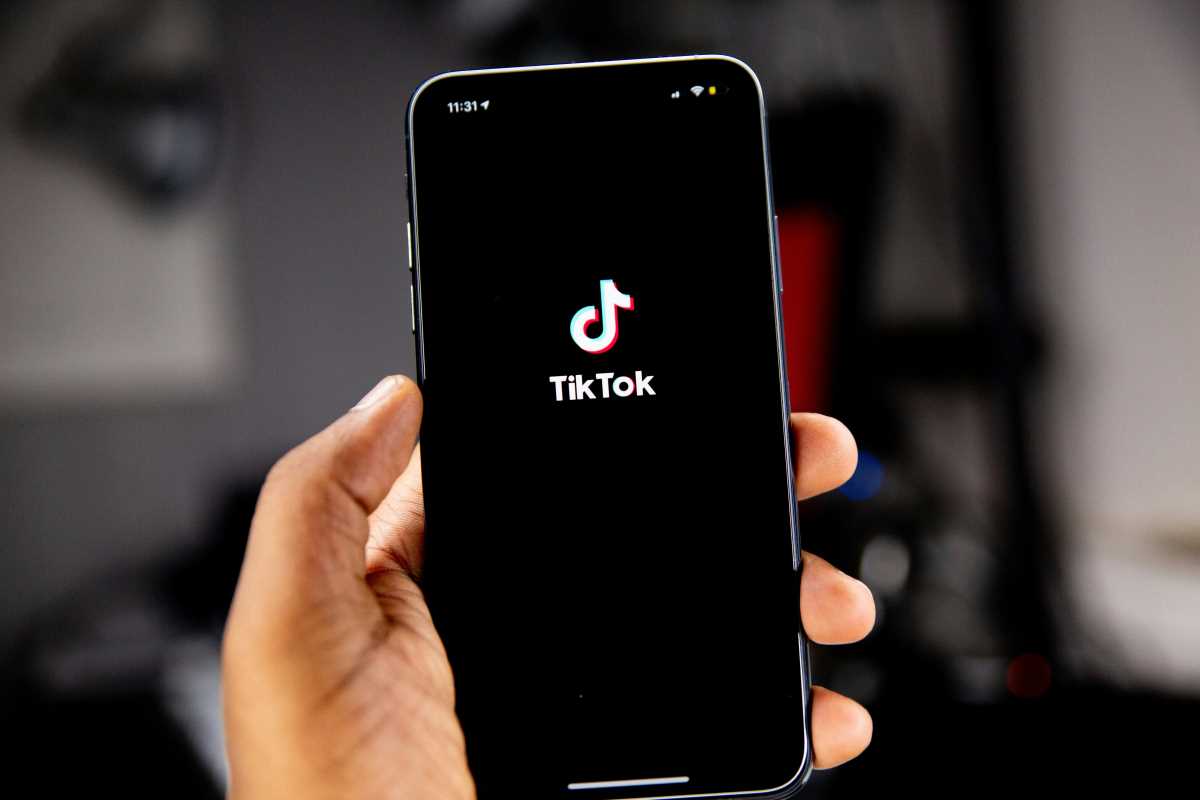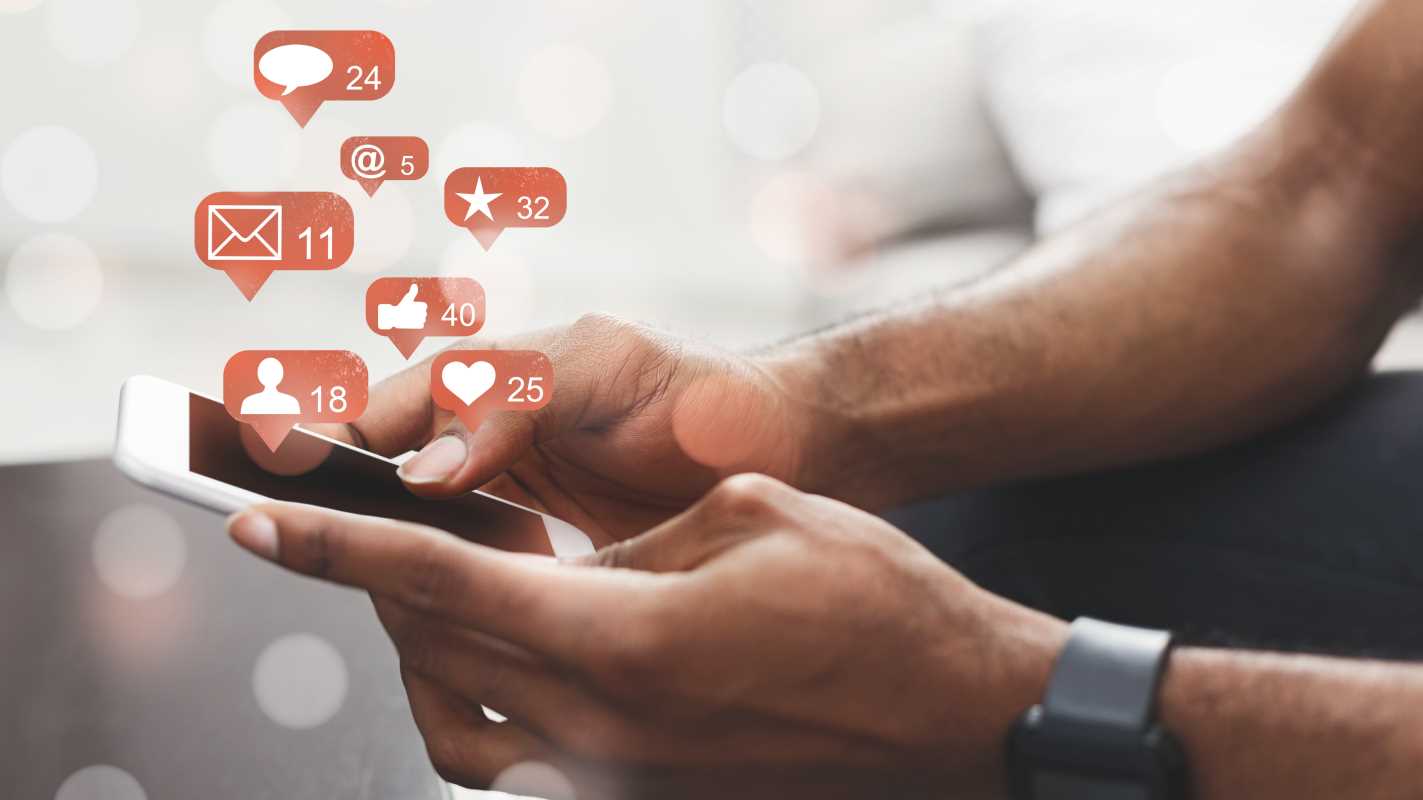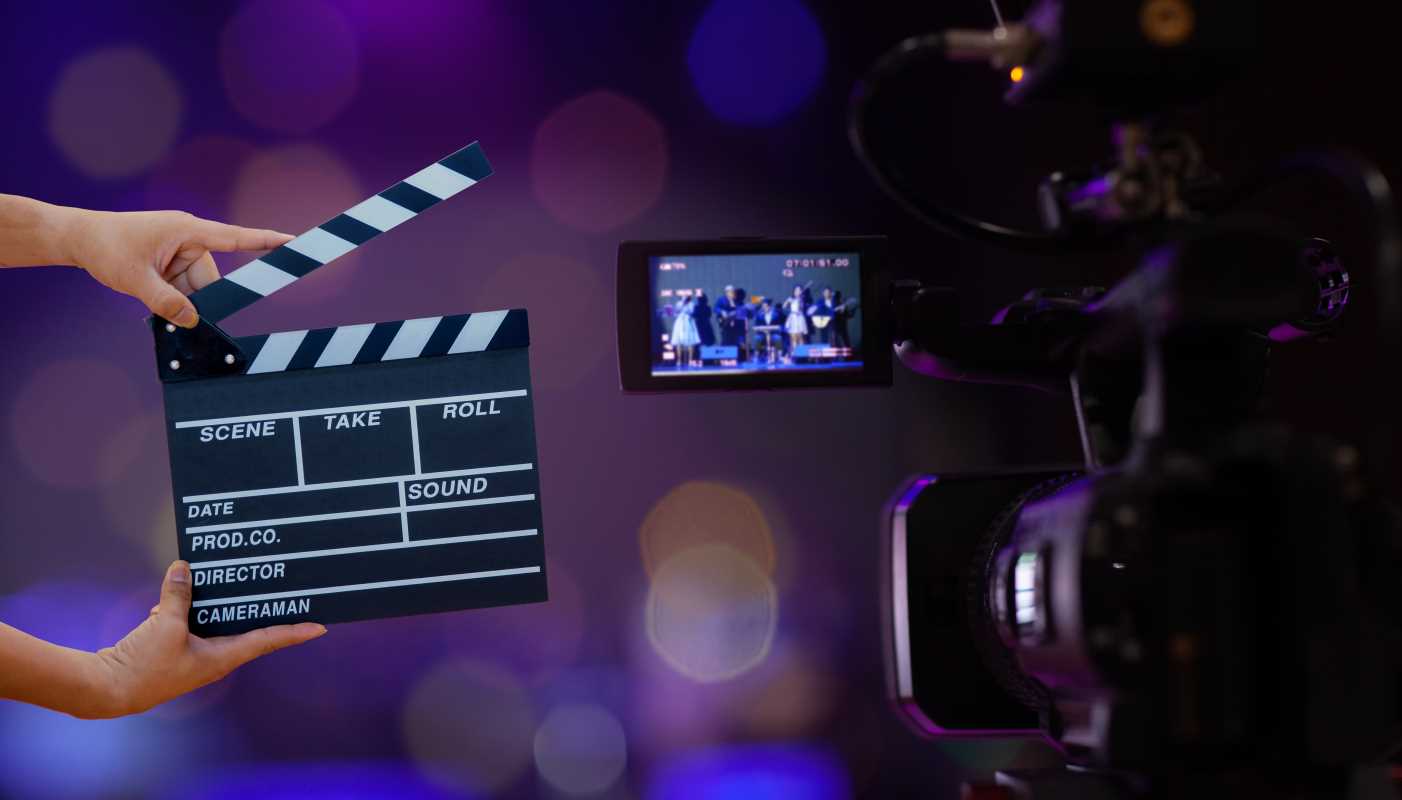Over the last few years, TikTok has transformed how music trends emerge and evolve. From viral dances to catchy earworms, it’s the go-to platform for groundbreaking content. But recently, AI-generated songs have taken center stage, sparking both curiosity and fierce debates. These tracks, crafted by artificial intelligence to mimic artists' voices or create original beats, feel fresh but unsettling for many music lovers. Imagine hearing a song that sounds like Drake or Taylor Swift, yet wasn’t created by them at all. For music purists, this shift feels like a threat to the heart of what makes music meaningful. What’s driving this trend, and why are so many skeptical about its rise? Let's break it all down.
What Are AI-Generated Songs?
Simply put, AI-generated songs are tracks created using artificial intelligence. These systems analyze huge data sets of existing music to learn patterns, styles, and even vocal tones. With enough input, AI can generate convincing melodies, write lyrics, or even recreate a well-known singer’s voice. For example, tools like MuseNet by OpenAI, AIVA, and Boomy allow users to craft music quickly and easily. Boomy even lets anyone create full songs and upload them directly to streaming platforms like Spotify and TikTok.
On TikTok, AI-generated songs often mimic famous artists or blend unexpected styles, making them ideal for short, shareable clips. A recent example was the viral track “Heart on My Sleeve,” which sounded like a duet between Drake and The Weeknd. But here’s the twist: they didn’t create it at all. Instead, it was generated by a TikTok user using AI. While some fans embraced its creativity, others saw it as a troubling sign of music losing its authenticity.
How Did TikTok and AI-Generated Songs Become a Perfect Pair?
TikTok thrives on novelty, shareability, and shock value. AI-generated music checks all those boxes. These tracks often combine familiar voices with absurd or unexpected lyrics, making them perfect for meme-worthy content. For example, an AI-generated clip featuring Taylor Swift “singing” about football star Travis Kelce became a TikTok sensation, sparking reactions and debates about its ethical implications.
Another factor driving the popularity of AI music on TikTok is the void left by Universal Music Group (UMG). Earlier this year, UMG pulled all its licensed music from the platform after failing to reach a contract renewal. This decision not only frustrated creators who relied on popular songs but also cleared the path for AI-generated tracks to flood the app. Without access to official music, many TikTokers turned to AI to create covers, remixes, or entirely new songs.
When UMG pulled its catalog, the company voiced concerns about how platforms like TikTok were enabling the unchecked use of AI-generated music. They argued that allowing AI reproductions of artists’ voices and styles diluted human artistry and undermined fair compensation. This corporate move unintentionally amplified the presence of AI-generated soundtracks on TikTok.
Bad Bunny’s AI Controversy
One of the most striking examples of how AI-generated songs can stir the pot is Bad Bunny's reaction to a song using his voice. An AI-generated track titled “Demo 5: Nostalgia” fused Bad Bunny’s digitally cloned voice with those of Justin Bieber and Daddy Yankee. The song exploded across TikTok, racking up over 22 million views. The artist was not amused.
Bad Bunny took to his fan WhatsApp channel to call out the track and criticize its quality. He went a step further, telling any fans who enjoyed the song to leave his group. His frustration underscored the ethical issues surrounding AI’s ability to clone voices without permission. The controversy also exposed the blurred lines between playful experimentation and outright misuse of an artist’s identity.
Ethical Concerns and Financial Questions
For many music enthusiasts, the rise of AI-generated tracks poses tough questions about ethics and creativity. One major concern is authenticity. When algorithms rather than humans create music, does it still carry the same emotional weight? Fans often connect deeply with the real-life struggles and experiences of an artist, something that AI-generated content simply cannot replicate.
Another pressing issue is compensation. TikTok users who upload AI-generated songs or covers often profit through views, sponsorships, or creator funds. Meanwhile, the artists whose voices or styles are imitated receive nothing. For example, the viral AI track “Heart on My Sleeve” may have mimicked Drake and The Weeknd, but neither artist saw a dime from its success. This raises questions about whether tech platforms and creators are exploiting artists to drive engagement without respecting their rights.
On top of this, copyright laws are still catching up. Who owns these AI-generated songs? Is it the programmer, the platform, or the artist whose work was mimicked? Without clear guidelines, the music industry risks becoming a legal minefield.
Why Are Music Enthusiasts Against AI in Music?
- Loss of Emotion: Music is deeply human. It’s about love, heartbreak, joy, and struggle. AI doesn’t have memories or feelings, so its creations can feel hollow, even if they sound polished.
- Unauthentic Mimicry: AI-generated tracks often mimic popular artists, but they lack originality and personal connection. Fans want raw, unique voices, not imitations.
- Creative Theft: By copying styles or voices, AI runs the risk of ripping off real artists. This is especially dicey when AI tracks go viral or generate profit that the real artist never sees.
- Job Security: If machines can write songs or generate beats, where does that leave human songwriters, producers, or vocalists? Many fear AI could shrink opportunities for music professionals.
Looking Ahead
AI in music is evolving fast, and there’s no sign of it slowing down. Some argue it’s just another tool, like synthesizers or autotune, that can enhance creativity when used responsibly. Others see it as a dangerous shortcut that could strip music of its soul and artistry.
For now, platforms like TikTok will likely continue to ride the wave of AI-generated music. It’s fresh, fun, and undeniably entertaining. But as listeners, we’ll need to ask ourselves what kind of music we value most. Do we want to celebrate the hard work of human artists, or are we okay with an AI-driven future?
 (Image via
(Image via


.jpeg)


